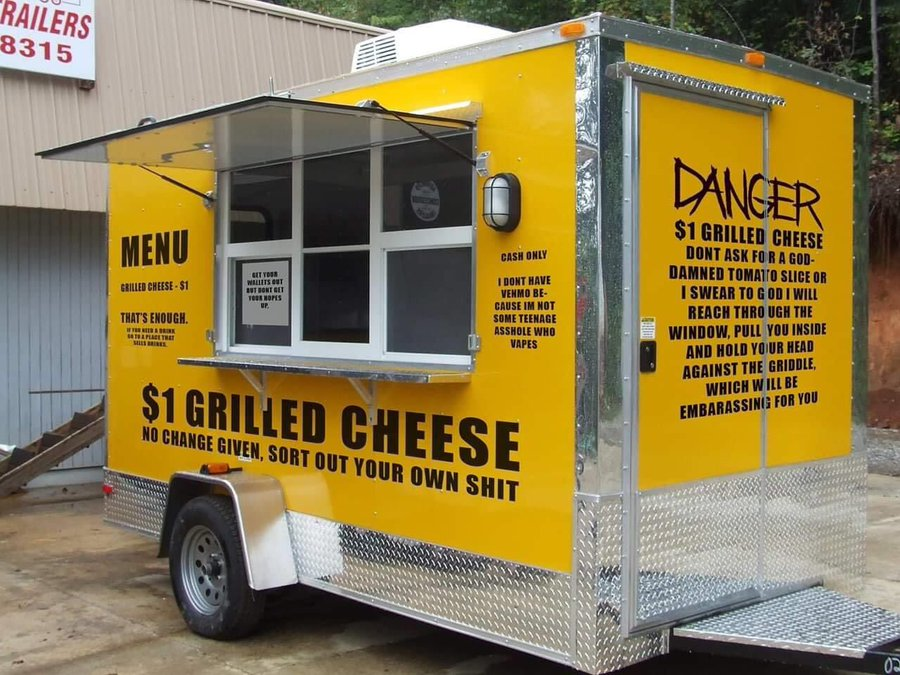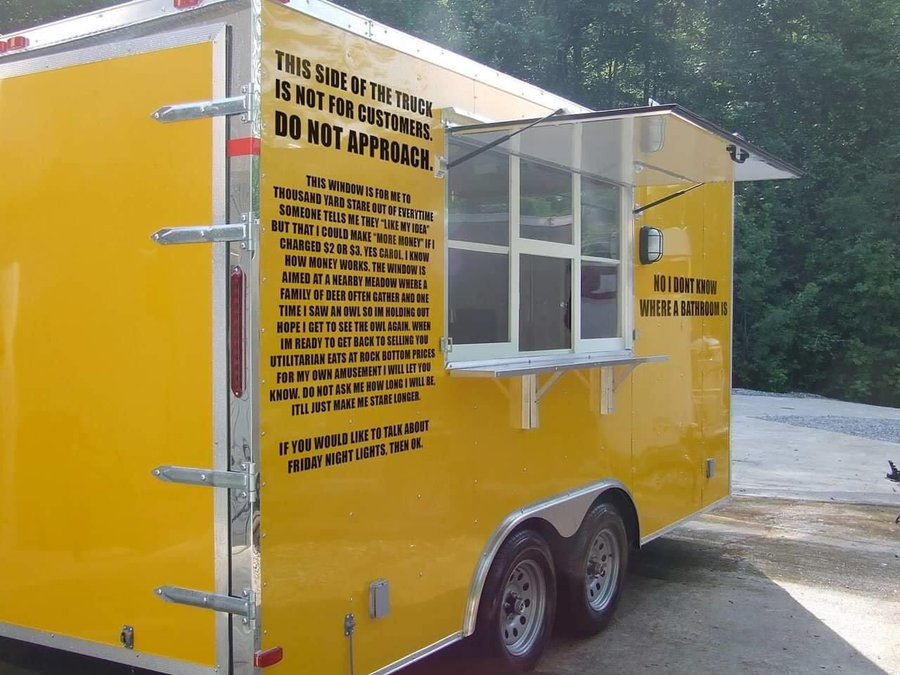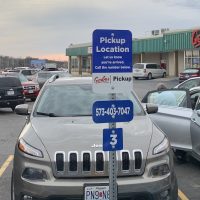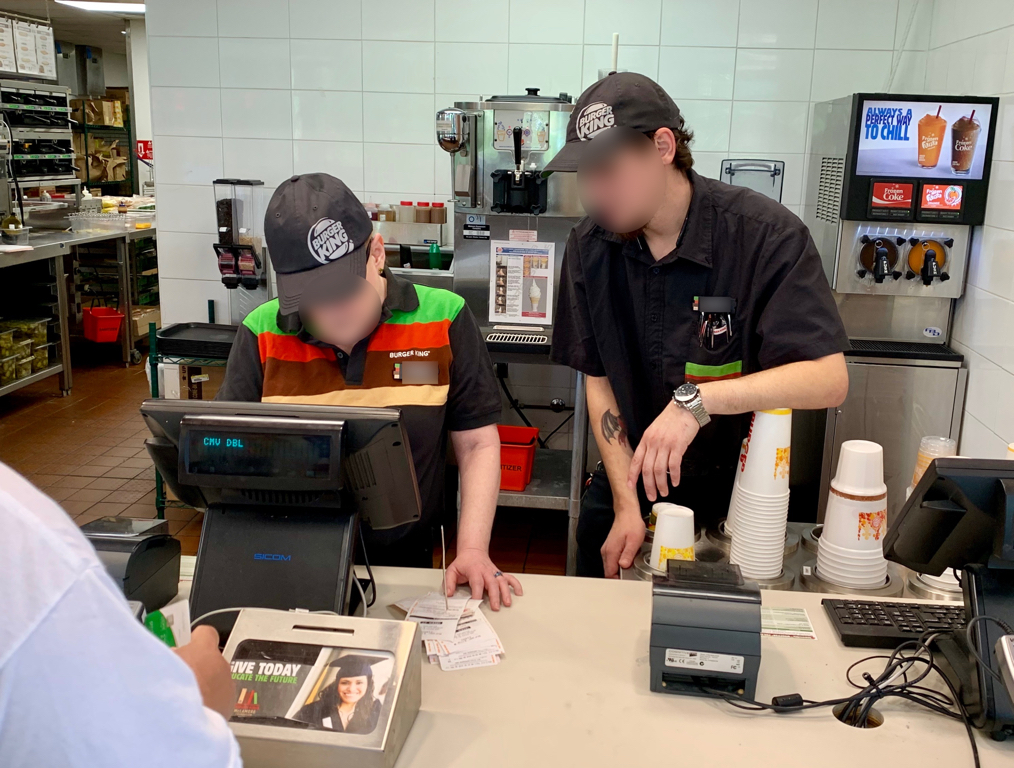International Business Times: “Sears and Kmart filed for bankruptcy in October 2018 and were able to stave off another bankruptcy filing during the pandemic as sales lagged and foot traffic waned. But now the retailer is facing a new series of financial troubles.”
My mom and her family (farmers) called the Sears “mail order catalog” the “wish book.” Children on the farm or in small towns would begin paging through the toy section in the months leading up to Christmas, circling toys they wanted Santa to bring them. Today, I assume, they have and app — many apps — for that.
Growing up in the ’50s in a small town, the selection of toys was slim. Don’t recall it seeming so at the time but there were a couple of “ten cent stores” or “five-and-dime stores” but they could only stock so much. No, the Sears catalog was the motherlode.
While reminiscing on this today I found myself wondering, how did we order something? Toll-free numbers didn’t come along until 1967! Long distance calls were expensive and the idea of placing an order by phone was laughable.
I think the catalog had a bunch of blank order forms and you filled these out, included a personal check (money order?) and put it in the mail.
Weeks later (months?) the items would be delivered by the “mail man” or UPS, although I don’t recall getting many “parcel post” deliveries in those days.
And we thought nothing about going through this process. It was this or take whatever you cold find on the shelves of local stores (remember them?)
What we have today? Literally unimaginable (for me). The Sears catalog was replaced the internet and websites and the entire chain was doomed long ago. And you something? My toys don’t mean quite as much as they did back then.






